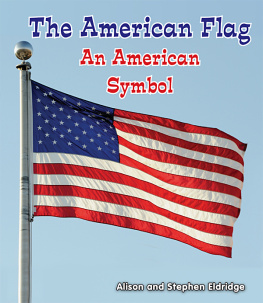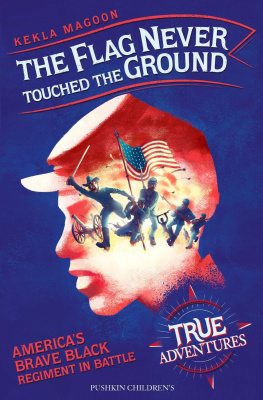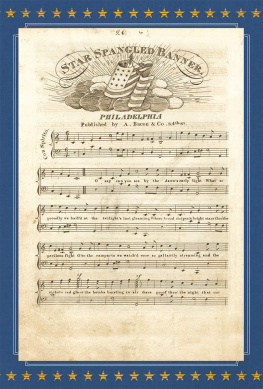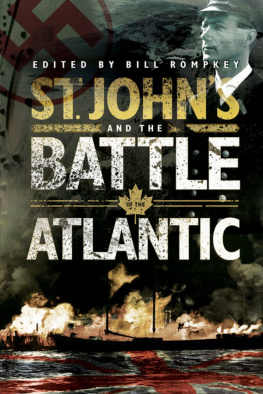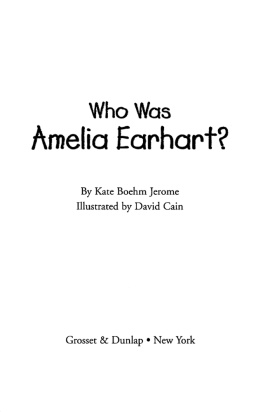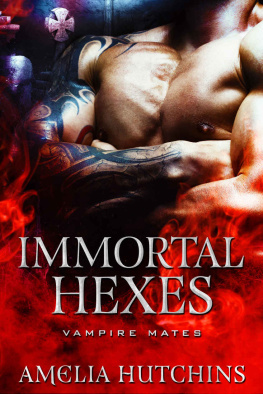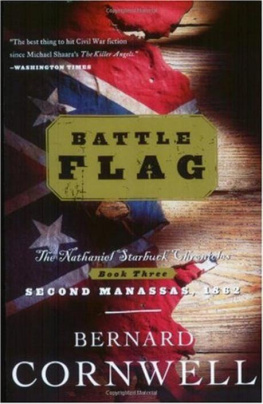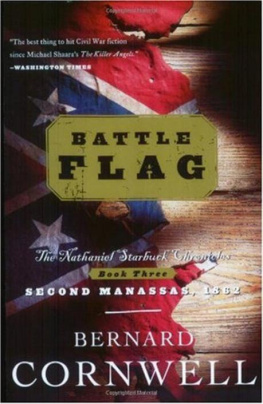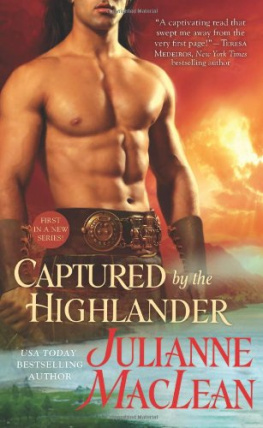
Battle for the Flag
MUP ISLAMIC STUDIES SERIES
The Islamic Studies Series (ISS) is aimed at producing internationally competitive research manuscripts. This series will showcase the breadth of scholarship on Islam and Muslim affairs, making it available to a wide readership. Books in the ISS are based on original research and represent a number of disciplines including anthropology, cultural studies, sociology and political science. Books in the ISS are refereed publications that are committed to research excellence. Submissions on contemporary issues are strongly encouraged. Proposals should be sent to the ISS Editor.
Professor Shahram Akbarzadeh
ISS Editor
Board of Advisors
Associate Professor Syed Farid Alatas
Department of Sociology, National University of Singapore
Professor Howard V. Brasted
Director, UNE Asia Pacific Centre
Emeritus Professor Robert E. Elson
School of History, Philosophy, Religion and Classics, University of Queensland
Professor John Esposito
Director, Prince Alwaleed bin Talal Center for Muslim-Christian Understanding, University Professor of Religion and International Affairs, Georgetown University
Emeritus Professor Riaz Hassan AM, FASSA
ARC Australian Professorial Fellow, Department of Sociology, Flinders University
Professor Robert Hefner
Institute on Culture, Religion and World Affairs, Boston University
Professor Michael Humphrey
Chair, Department of Sociology and Social Policy, School of Philosophical and Historical Inquiry, University of Sydney
Professor William Maley AM
Director, Asia-Pacific College of Diplomacy, Australian National University
Professor James Piscatori
Head, School of Government and International Affairs, Durham University
Professor Abdullah Saeed
Sultan of Oman Professor of Arab and Islamic Studies, Director, National Centre of Excellence for Islamic Studies, University of Melbourne
Professor Amin Saikal AM
Director, Centre for Arab and Islamic Studies (The Middle East and Central Asia), Australian National University
Professor Samina Yasmeen
Director, Centre for Muslim States and Societies, School of Social and Cultural Studies, University of Western Australia
Battle for the Flag
Amelia Johns
MELBOURNE UNIVERSITY PRESS
An imprint of Melbourne University Publishing Limited
1115 Argyle Place South, Carlton, Victoria 3053, Australia
www.mup.com.au
First published 2015
Text Amelia Johns, 2014
Design and typography Melbourne University Publishing Limited, 2015
This book is copyright. Apart from any use permitted under the Copyright Act 1968 and subsequent amendments, no part may be reproduced, stored in a retrieval system or transmitted by any means or process whatsoever without the prior written permission of the publishers.
Every attempt has been made to locate the copyright holders for material quoted in this book. Any person or organisation that may have been overlooked or misattributed may contact the publisher.
Text design by xxxxxxx
Cover design by xxxx
Typeset by J&M Typesetting
Printed in Australia by OPUS Group
National Library of Australia Cataloguing-in-Publication entry
Johns, Amelia, author.
Battle for the flag / Amelia Johns.
9780522867350 (paperback)
9780522867367 (ebook)
9780522869170 (hardback)
Islamic studies series; 18.
Includes bibliographical references and index.
Race awarenessAustralia.
Race discriminationAustralia.
Social conflictAustralia.
MulticulturalismAustralia.
AustraliaRace relations21st century.
305.800994
For Mum and Dad, whose love and endless support has
always nourished my belief that anything is possible.
Contents
Acknowledgements
Many people contributed to the successful completion of this book, and I am humbled by the input and support that they have provided along the way.
Since the manuscript started its journey as a doctoral thesis, I would first like to thank my supervisor, Mark Davis, whose intellectual and practical guidance was instrumental in getting me to the finishing line. I would also like to acknowledge Ghassan Hage and Fran Martin, both of whom provided generous support and guidance during the completion of the thesis, and have championed the development of the book in one way or another. Special mention must also go to Michele Grossman and Jenny Sharples, who provided me with the opportunity to work with them on Dont Go There: Young Peoples Perspectives on Community Safety and Policing, a project that ended up being formative for the development of .
I would like to offer my deepest thanks and sincere gratitude to several people who recognised the potential of my doctoral thesis and helped me in transforming those ideas into a book. I would first and foremost like to thank Amanda Third for her generous mentorship and guidance, without which I very much doubt that the book would have made it to a publisher at all. Thanks also must go to Shahram Akbarzadeh, Sally Heath and Catherine McInnis who recognised the potential contribution that the book might make to a broader field of research and set of questions than I had envisaged myself, and helped to guide it to print.
There are so many colleagues, friends and loved ones who nurtured the development of the book through their intellectual generosity, friendship and mentorship that it is impossible to thank them all, but I would like to dearly thank Anthony McCosker, Fethi Mansouri, Michele Lobo, Michele Grossman, Greg Noble, Rowan Wilken, Anoop Nayak, Andy Furlong, Kevin McDonald, Craig Fry, Jens Zinn, Peter Kelly, Annelies Kamp, Tanja Dreher, Meg Mundell, Elizabeth Angel, Micaela Sahhar, Benjamin Isakhan, Vince Marotta, David Tittensor, Virginie Andre, James Barry, Riccardo Amillieri, Jessica Walton, Cayla Edwards, Yassir Morsi, Reem Faiq and countless other colleagues from the Cultural Studies Association of Australia (CSAA) and The Australian Sociological Association (TASA) Youth and Risk Societies thematic groups, for their belief and guidance. I would also like to extend special thanks to Paula Muraca, for generously and carefully editing the final manuscript.
For their love, encouragement and care through many years and countless declarations that I am almost finished, I thank my family and friends. Also, and especially, I thank my parents and my partner Meagan, for their tireless love and support, and for staying the course with me. I would also like to acknowledge with a sense of sadness and heartfelt thanks the recent passing of Ulrich Beck, whose body of work has provided the single most important scholarly influence on this book as well as my research more broadly.






